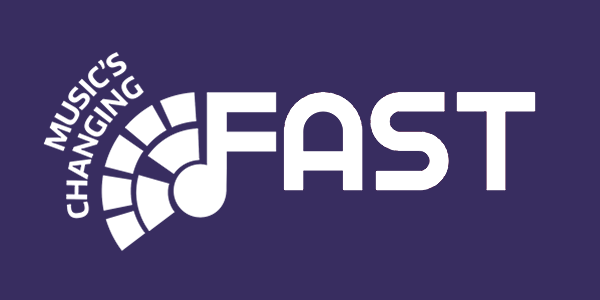I am Josh Reiss. My title is Professor of Audio Engineering. I am an academic with the Centre for Digital Music at Queen Mary University of London.
- What’s your role/work within the project?
I am new to the project, but coming in as an Investigator, mainly involved in the Production side of things, but not limited to that.
- Which would you say are the most exciting areas of research in music currently?
Probably algorithmic music composition. This is still very much in its infancy and has huge potential. Research in this area also can yield deep insights into creativity and high level human perception and cognition.
Other areas are also being heavily impacted by other fields. Machine learning is becoming pervasive, but metamaterials and nanotechnology are affecting all transducers (loudspeakers, microphones…), enabling amazing spatial audio systems. Object-based audio is changing the broadcast world. And the path from academic research to commercial product or real world application is rapidly accelerating.
The world of audio and music technology will look very different even just 5 years from now.
- What, in your opinion, makes this research project different to other research projects in the same discipline?
By this research project, I assume you mean ‘FAST IMPACt’. I like its exploratory nature, while at the same time having a strong focus on impact and dissemination. It is well-positioned to make breakthroughs.
- What are the research questions you find most inspiring within your area of study / field of work?
Many. But I like the questions where there is some debate. Where people have asked the question but haven’t reached a consensus. And I like to work on questions that are well-defined, where you can feel that there is an answer to be found, even if its not a single, definitive solution.
- What, in your opinion, is the value of the connections established between the project research and the industry?
It’s a two way street. Working with industry helps academic researchers realise the value of their work, and gain new insights into what problems and approaches really matter. For industry, working with academia gives them a means to take risks that would not necessarily make sense if attempted internally. It helps them pursue disruptive innovations and helps ensure a certain level of rigour in their R&D.
- What can academic research in music bring to society?
Better music, better music technology, deeper understanding of perception, cognition and creativity. Plus, it’s a field where advances can be applied in many other domains.
- Please tell me why do you find valuable/ exciting / inspiring to do academic research related to music.
This is probably not the answer you’re looking for, but I am inspired by the research itself, not necessarily the fact that I’m doing it with music. To quote Richard Feynman, “I’ve already got the prize. The prize is the pleasure of finding the thing out, the kick in the discovery, the observation that other people use it. Those are the real things.”
- Why did you choose this area of research / field of industry?
Relating to question 8, my passion is research. If you had met me as a child and asked me what I wanted to be when I grew up, I would have said ‘Scientist.’ That hasn’t really changed. If there are interesting questions and problems in an area, then I naturally become interested in it. So, I moved into this field because of a background studying nonlinear systems, which lead to audio analogue to digital converters, which lead to audio effects, which lead to lots and lots of questions. But the choice was always to do research.
- What are you working on at the moment?
A few things. One interesting area of research is the question of whether we can hear a difference between standard CD quality audio (44,100 samples a second, 16 bit resolution) and any higher quality. Evidence slightly suggests that the answer might be that we can. But why? It seems doubtful that we can hear any frequencies above 20 kHz, so what is the cause of any perceived difference?
Another interesting thing is that we can hear a difference between pouring hot and cold water. Again, why? Lots of people have given explanations for this, but none of them agree with some simple tests. This area of research is just for fun.
I’m also involved in a few that are meant to change the way people do things, or their workflows or the tools they use. A few of these are automatic mixing, sound synthesis (for real world sound design), and adaptive mixes for the hearing impaired.
- Which is the area of your practice you enjoy the most?
That moment in research where you realise you’ve got the breakthrough, solved the problem, built the killer demonstrator… And also, just when I’m able to work on a problem by myself and make some real progress… And also watching one of the researchers working with me give a great talk, successfully defend a phd, win an award or anything like that.



